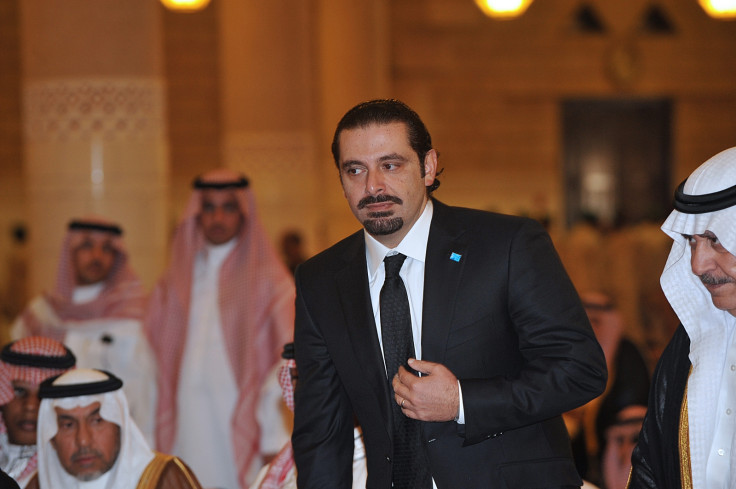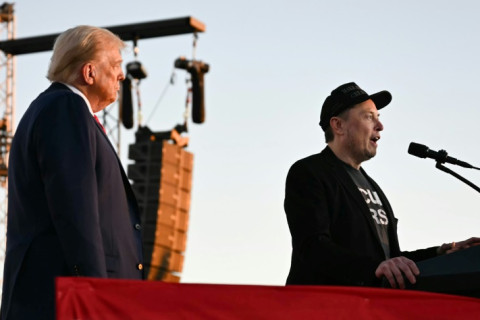Saudi Arabia forced Lebanon prime minister Hariri to step down, says Hezbollah chief
Hassan Nasrallah, the chief of Lebanese Shia militant group Hezbollah, reassured that his militia will not engage in any destabilising activities.
Hezbollah's leader, Hassan Nasrallah, has said Saudi Arabia forced Lebanese prime minister Saad al-Hariri to step down. The leader of the Lebanon-based Shia militant group has also appealed for "patience and calm" as Lebanon is teetering on the brink of political instability.
In a television broadcast on Saturday, 4 November, al-Hariri, a Sunni Muslim who has the support of Riyadh for a long time, dramatically announced his resignation from the capital city of Saudi Arabia. He went on to denounce Hezbollah – a powerful force in Lebanon – and said he feared for his own life.
"I want to tell Iran and its followers that they are losing in their interferences in the affairs of Arab nations. Our nation will rise just as it did before, and the hands that will harm it will be cut," said the resigned prime minister.
Hours after al-Hariri announced his resignation, Nasrallah said in his televised address, "It was not his intention, not his wish and not his decision to quit." He said that all the political forces in Lebanon were shocked by al-Hariri's decision and added that his militia was not planning to take any action to destabilise the country.
The resignation marks the end of a shaky Shia-Sunni political alliance forming the government, which has somewhat managed to keep away the violence battering neighbouring Syria.
Al-Hariri's surprise decision has led to concerns that Lebanon could end up with violence or even economic collapse.
One of the reasons cited by the former prime minister to rescind power was Iran's interference in Lebanese polity, accusing Tehran of creating a "state within a state".
Al-Hariri's stepping down is widely seen as an orchestrated move by Riyadh, the regional Sunni powerhouse, to isolate Hezbollah, which is strongly backed by Shia-oriented Iran.
Both Iran and Saudi Arabia share a fractious relationship due to a power struggle over a series of religio-political issues such as the way Islam is interpreted, the Islamic world's leadership and oil exports.
Riyadh has recently been making aggressive political manoeuvres to limit Iran's influence in the Middle East, where Lebanon remains a flashpoint.








